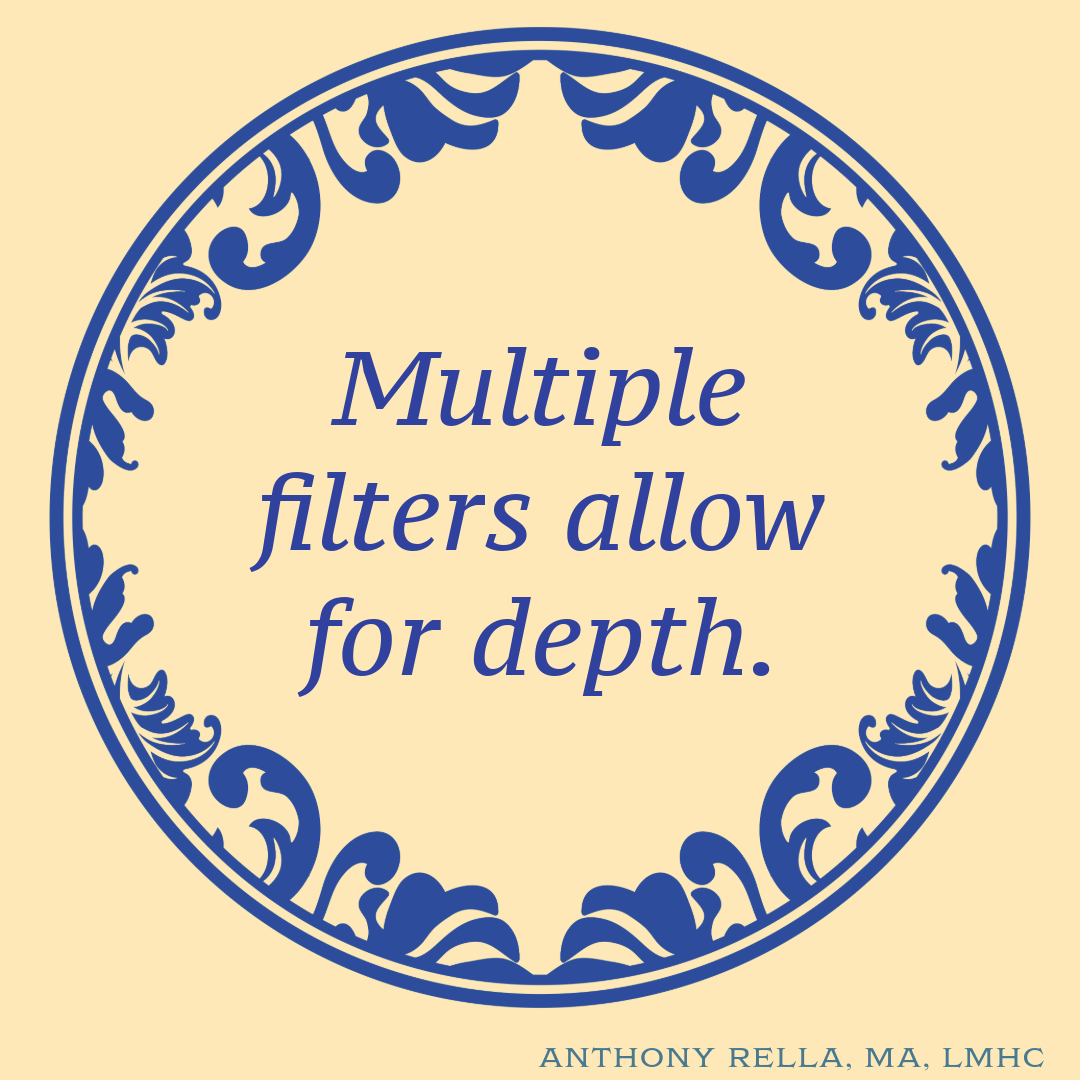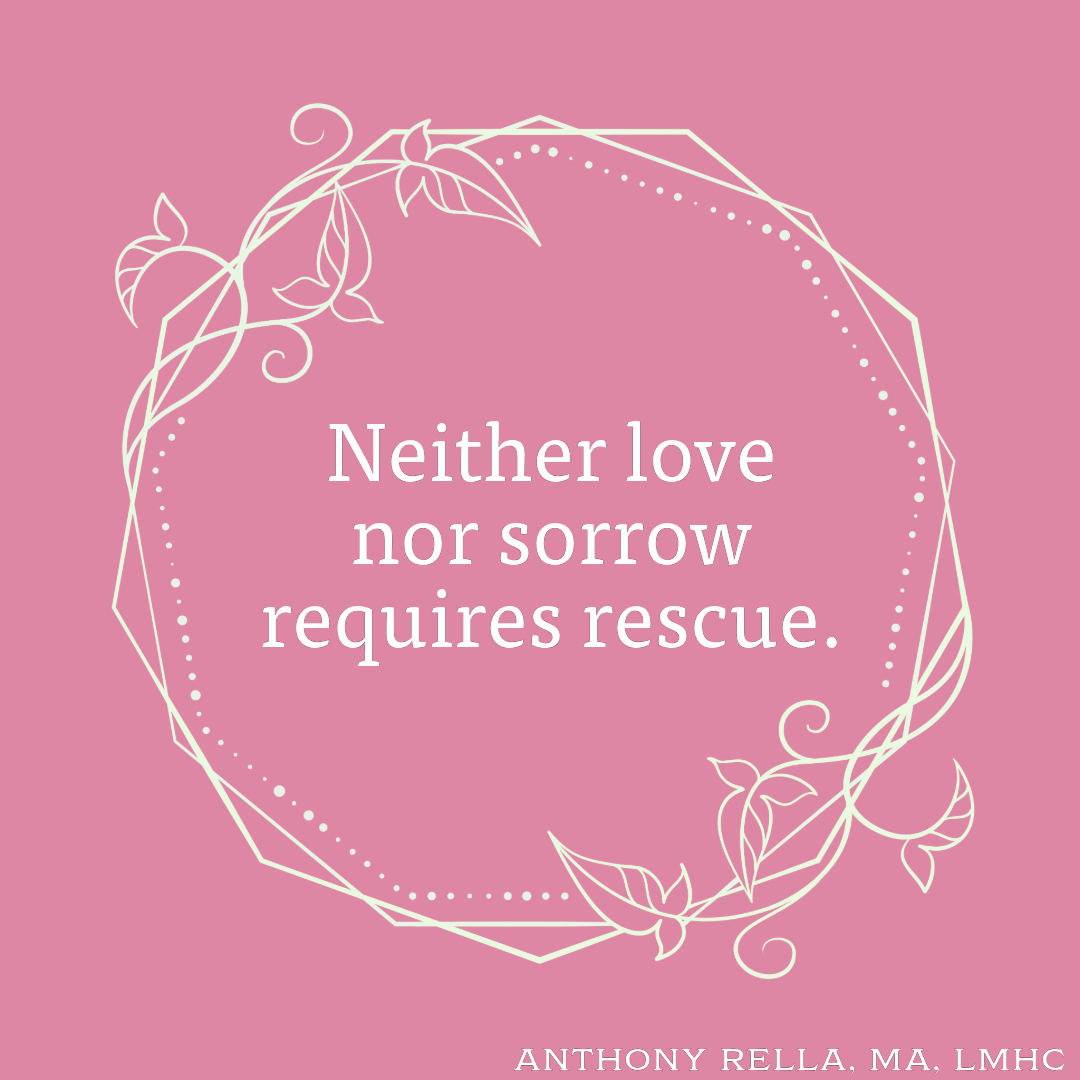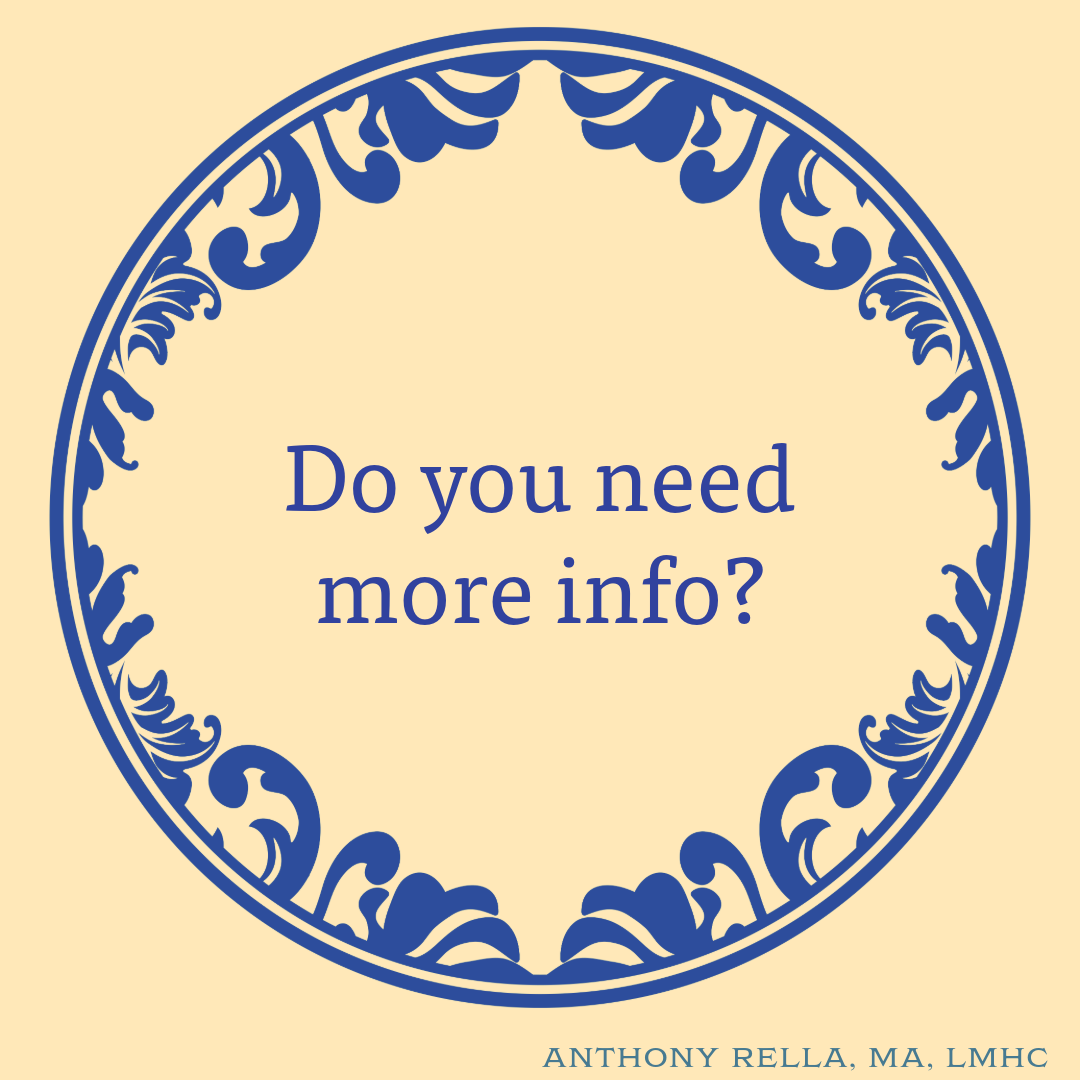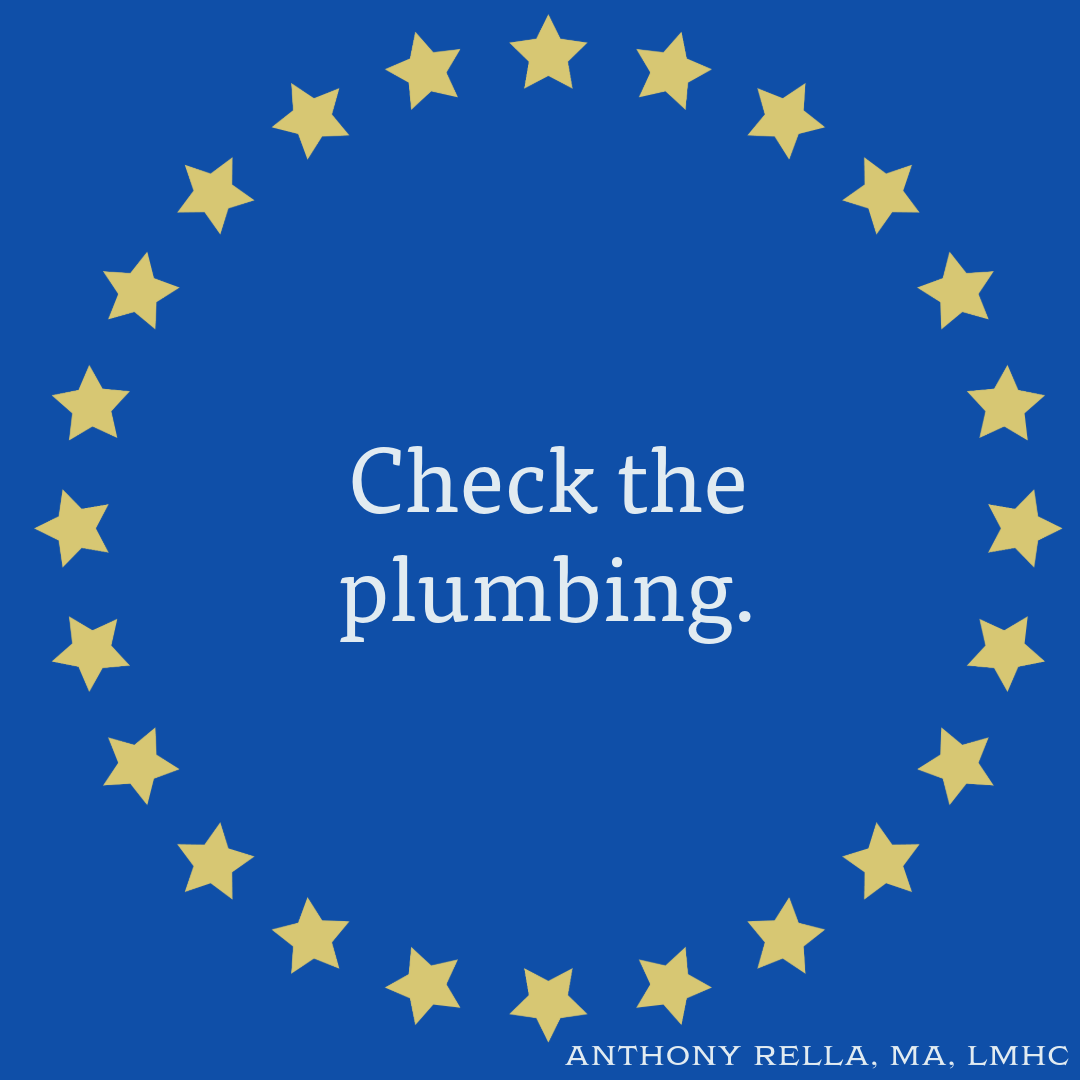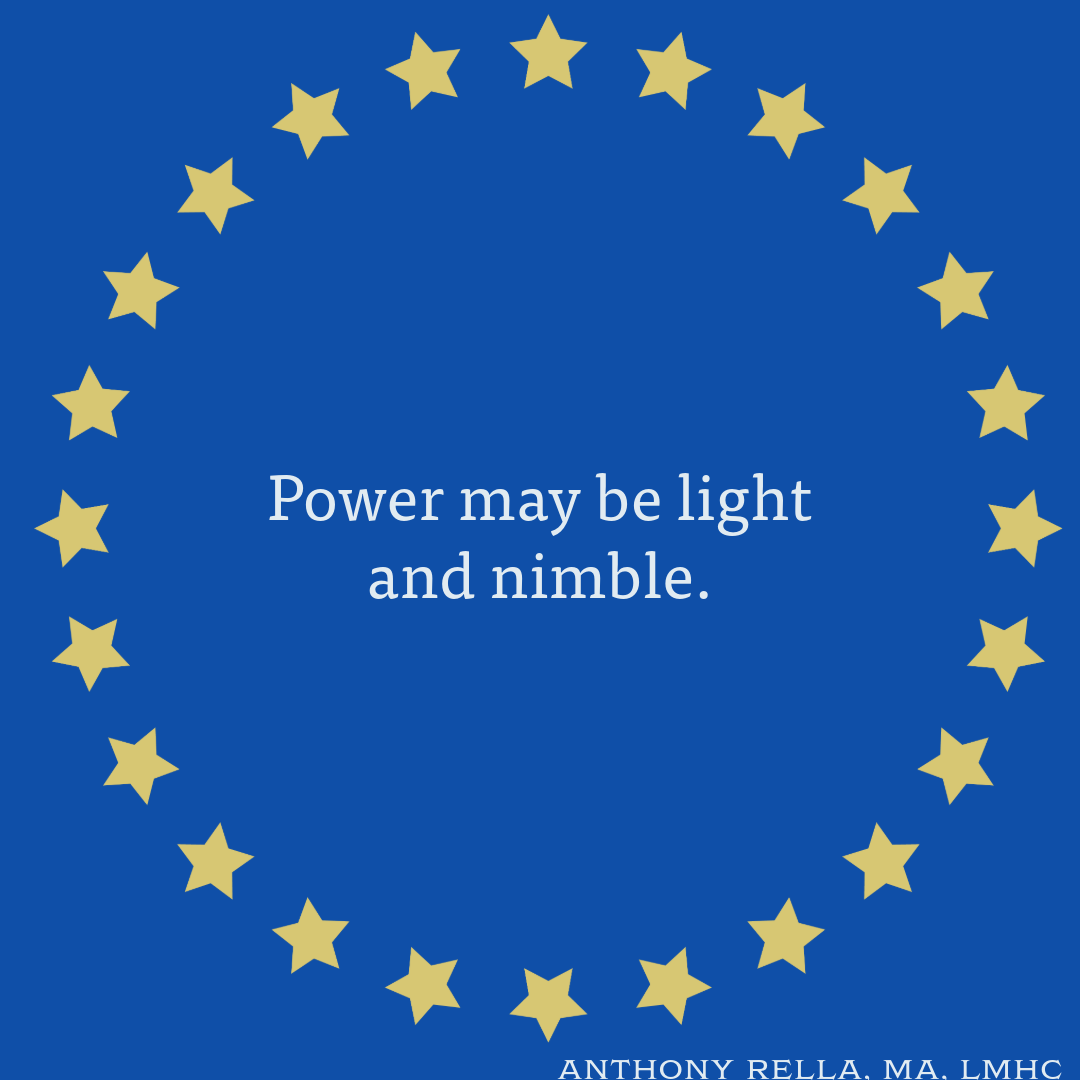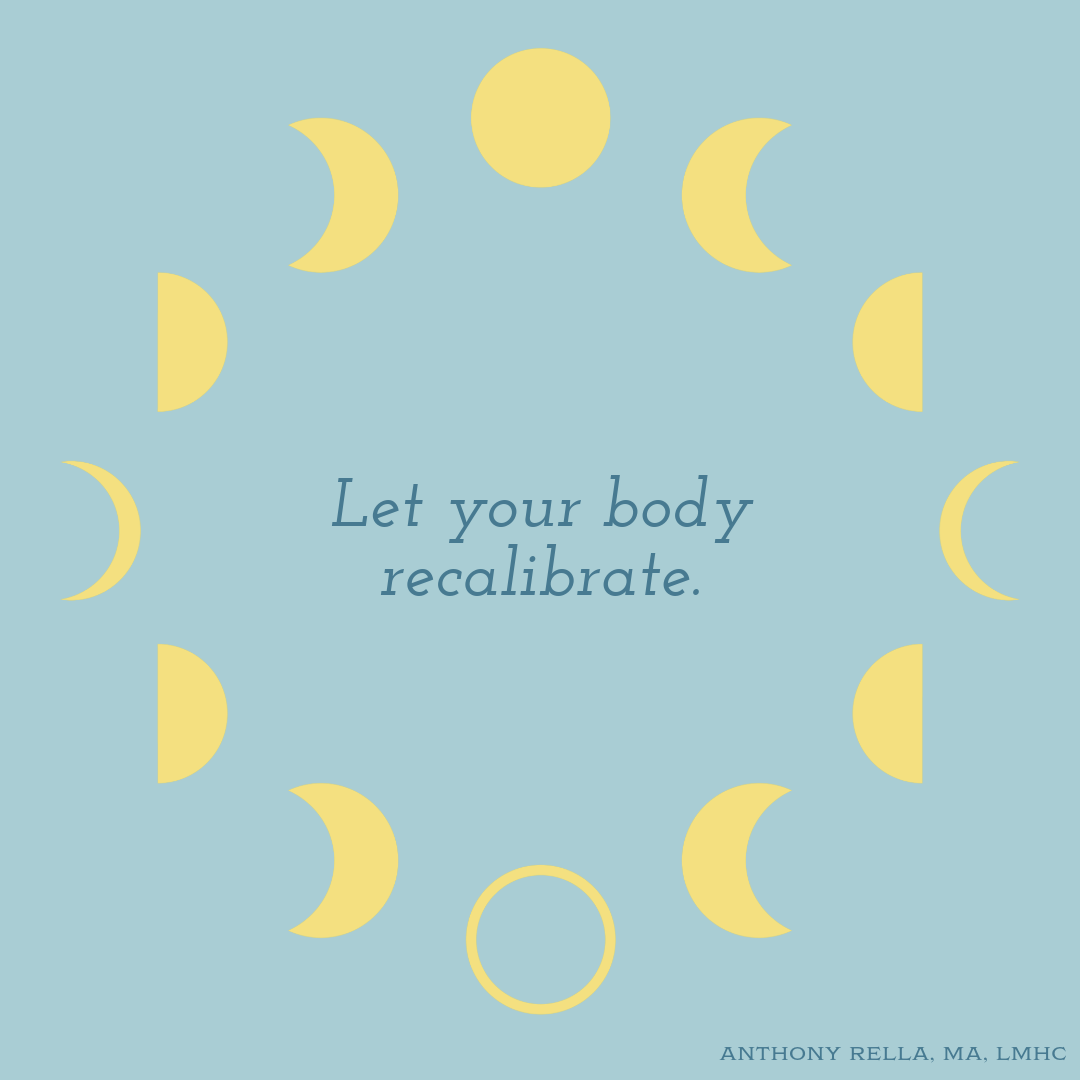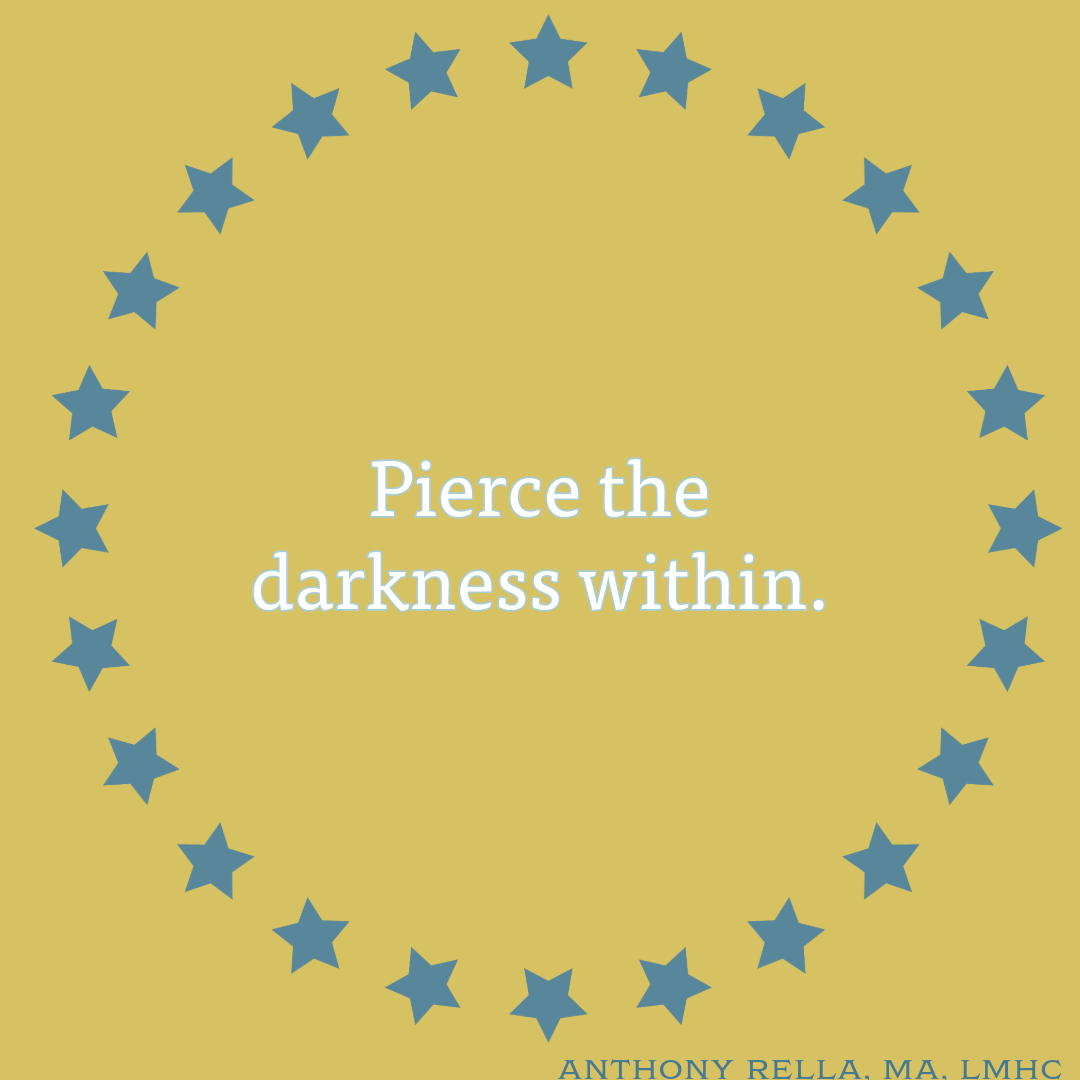This week as a therapist has been a real throwback to the late 2016s and early 2017s when the political climate threw a lot of folks into an urgent need to see a therapist, and as a “politicized healer” I was one of many who invited these conversations.
The right wing coined the phrase “Trump Derangement Syndrome” to make fun of liberals and lefties who they saw as overreacting to the presidency, and these days I feel like that’s as good of a name as any for how much he got under our skin, how much we became enflamed by his words and actions, the intensity with which we followed every word and every event. And there was so much drama! And so much lying! And a relentless barrage of things happening and being said that broke our social and democratic norms and kept many of us in a constant state of stress and outrage.
I think there’s something to Trump Derangement Syndrome, but I think it was a product of a chaotic president and a media culture that profited off our nervous system dysregulation.
This past month, I see that TDS beginning to take hold again, and hear some of my therapists who apparently must have started sometime after COVID wondering how to support clients with political anxiety, so I feel a collective bracing for impact among those in certain circles of ideology.
If I seem glib or dismissive, I’m not, but after eight years I don’t think anyone wins when this kind of upset takes hold. To paraphrase Bruce Lee, in crisis we do not rise to our heroic imaginations, but sink to our familiar coping and survival strategies. I don’t blame anyone for surrendering to doom and cynicism—I spend far too much time there myself—but let’s take a breath.
Studying martial arts is kind of an oracular experience, in which the teacher offers a correction of my technique that ends up hitting far too close to home. I am thoroughly called out. This morning, my sensei kept calling attention to my tendency to flinch in the face of an attack. In one moment that keeps lingering with me, he said, “Tony, don’t fall before you’re thrown.”
On a practical level, it’s just annoying for your partner to fall before you’ve actually finished the technique, so it’s on us to stay with the throw as long as we can. Why that statement lingers with me today is the conversations I’ve been having this week about making plans in an uncertain future. One client is contemplating big, meaningful changes in life but wasn’t sure what to do if their worst fears came true in the country.
But giving up on your goals and being the person you want to be before an election even happens is falling before you’re thrown. Making yourself small and starting to hide for fear of future targeting is falling before you’re thrown. It’s tempting, and it makes sense for wanting to survive, but whom does it serve? The other side of falling before you’re thrown is that the person throwing you might have bad technique. They might make a mistake that gives you an opportunity to turn the interaction around. You miss the opportunity if you give up before they’ve even won.
I don’t know what will happen in the next four years, and I do not dismiss or belittle the fears many of us are bringing to this upcoming election. If your fears need attention and need you to take some reasonable precautions, that is a sound practice. What I’m inviting is for us to take our psyches and our power back from derangement and doom. If you’re afraid of being bullied, don’t do the bully’s work on their behalf. If you’re afraid of losing your joy, don’t throw your joy away. Don’t take in the dark voices that fill you with dread and powerlessness unless somehow that gives you liberty. Stay engaged as long as you can.
Check out Slow Magic, my upcoming book on endurance and pursuing goals through hard times, available in February 2025 through Llewelyn and available for pre-order now.


